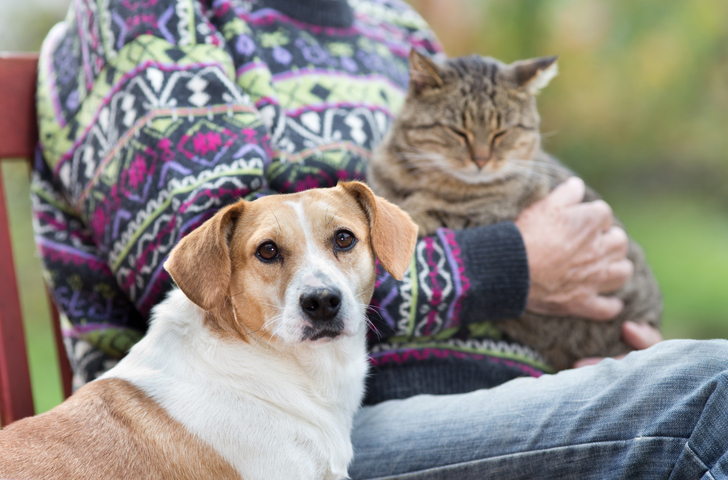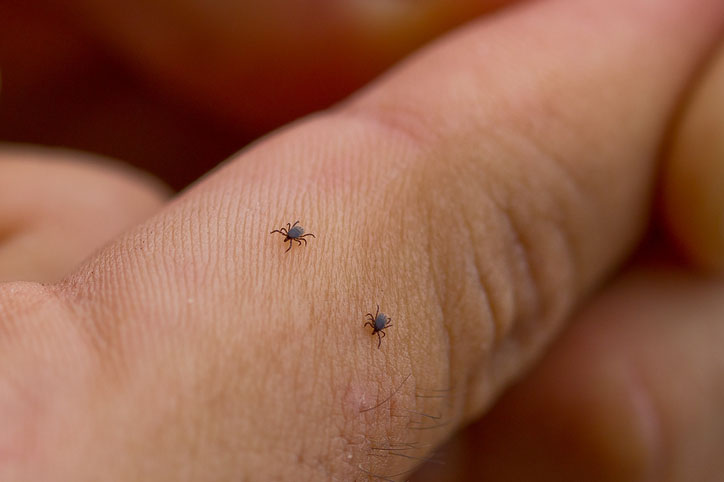Muscle Disorders in Cats
- Bone, Joint, and Muscle Disorders of Cats
- Introduction to Bone, Joint, and Muscle Disorders in Cats
- Components of the Musculoskeletal System in Cats
- Lameness in Cats
- Congenital and Inherited Disorders of Bones, Joints, and Muscles in Cats
- Disorders Associated with Calcium, Phosphorus, and Vitamin D in Cats
- Joint Disorders in Cats
- Muscle Disorders in Cats
- Bone Disorders in Cats
- Sarcocystosis in Cats
Also see professional content regarding myopathies in small animals.
Myopathies are diseases that primarily cause damage to muscles or muscle tissues. They may be present at birth (congenital) or occur due to nutritional imbalances, muscle injury, or ingestion of a poisonous substance. Myositides are diseases that produce a mainly inflammatory reaction in muscle. Common causes include infections, parasitic diseases, and immune-mediated conditions.
Yellow Fat Disease (Steatitis)
Yellow fat disease is a condition in which inflammation of the fatty tissue (which develops a yellow tinge) occurs. It is thought that an excess of unsaturated fatty acids in the food, combined with a deficiency of vitamin E or other antioxidants, causes this condition. Most known cases have involved animals whose diet consists partially or completely of fish or fish byproducts. Fish are rich in fatty acids.
Affected cats are usually young and may be male or female. They are frequently obese. Early signs may include a dull hair coat or dry skin. Cats often become lethargic and lose agility. The back or abdomen becomes very tender. In advanced cases, even a light touch can cause pain. Lumpy deposits of fat under the skin may be seen. Fever is always present, and loss of appetite is common.
The cat’s diet must be changed to exclude the source of excess fat. In addition, supplementing the diet with vitamin E in an appropriate form is usually recommended. Antibiotics are not helpful, as the condition is not bacterial. Because the condition is quite painful, affected cats should be handled as little as possible.
Hypokalemic Polymyopathy
Hypokalemic polymyopathy of cats is a muscle weakness disorder. It affects the whole body and is caused by potassium deficiency. Signs include generalized weakness, bending forward of the neck, stiffened posture, abnormal gait, persistent loss of appetite, and muscle pain. Blood and urine tests are used to confirm the diagnosis. The condition is treatable with dietary potassium supplements, given as recommended by a veterinarian. The outlook for recovery is excellent if the condition is diagnosed and treated quickly.
Muscle Tumors
Skeletal muscle tumors can be benign or cancerous (malignant). Malignant tumors can spread and invade nearby muscle. They can also spread to other parts of the body. Signs include localized swelling and lameness. The diagnosis is confirmed by taking a small tissue sample called a biopsy. The tumor generally must be surgically removed or the limb amputated. Chemotherapy and radiation may be used depending on the type of tumor (see What is Cancer?).
- Bone, Joint, and Muscle Disorders of Cats
- Introduction to Bone, Joint, and Muscle Disorders in Cats
- Components of the Musculoskeletal System in Cats
- Lameness in Cats
- Congenital and Inherited Disorders of Bones, Joints, and Muscles in Cats
- Disorders Associated with Calcium, Phosphorus, and Vitamin D in Cats
- Joint Disorders in Cats
- Muscle Disorders in Cats
- Bone Disorders in Cats
- Sarcocystosis in Cats





